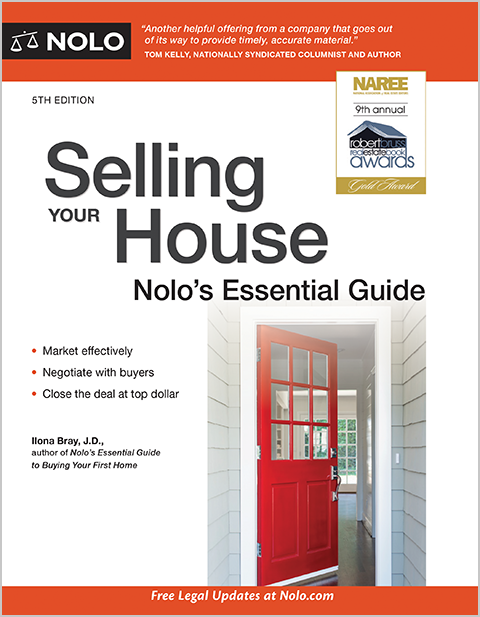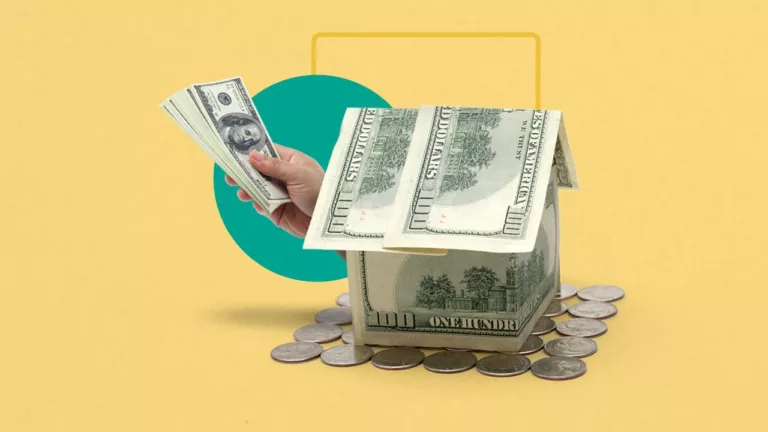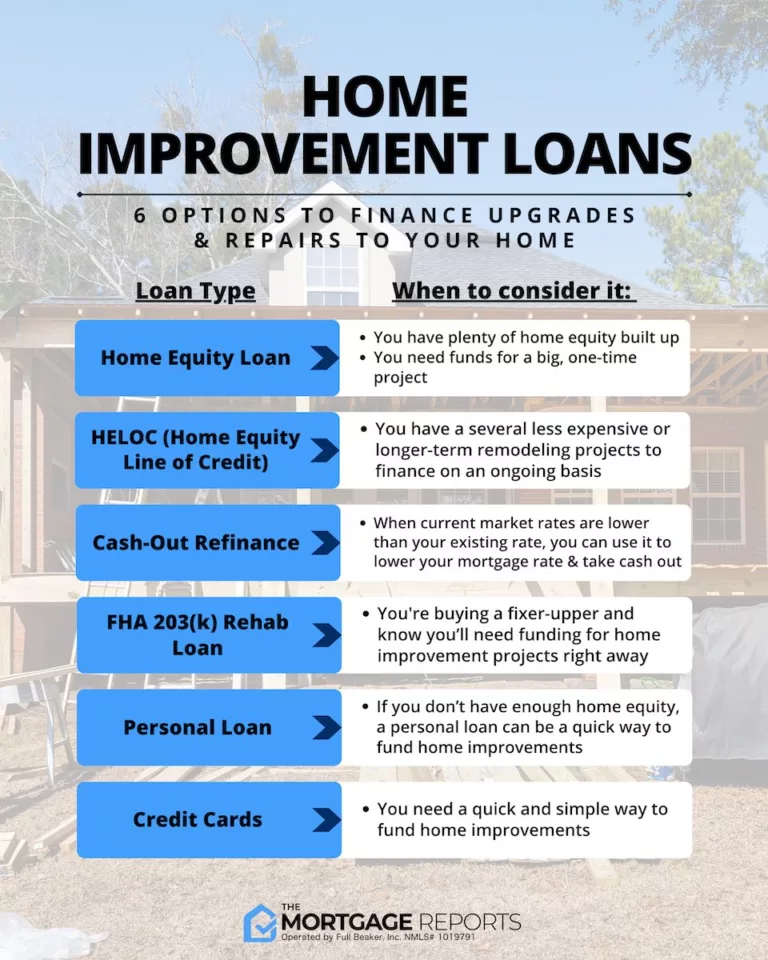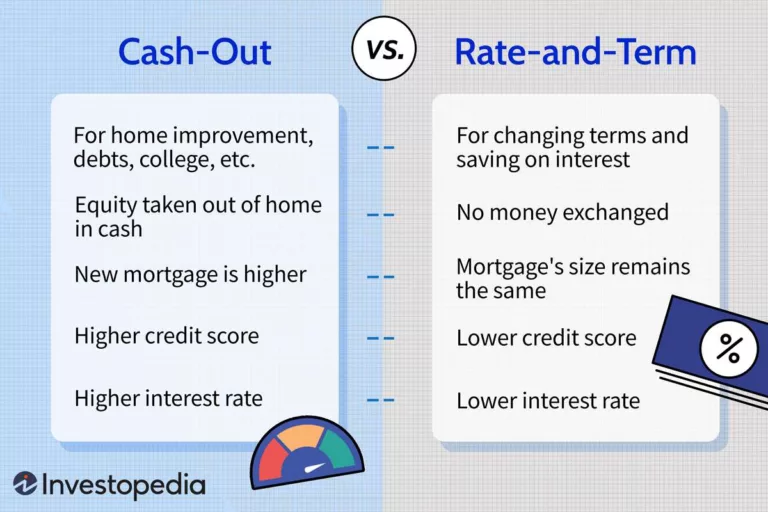How to Sell My Mortgage Note: The Ultimate Guide to Maximizing Your Profits
Sell your mortgage note by gathering all necessary documents, contacting a note buyer, and negotiating a fair price. After preparing your paperwork, research reputable note buyers, and reach out to them for quotes.
Engage in negotiations to ensure you receive the best possible offer for your mortgage note.
1. Understanding Mortgage Notes
Understanding mortgage notes is crucial when it comes to selling your own. Discover how to effectively sell your mortgage note and navigate the process smoothly.
When it comes to selling your mortgage note, it’s important to have a clear understanding of what it is and how it works. In this section, we will dive deep into the world of mortgage notes, covering everything from their definition to the benefits of selling them.
1.1 What Is A Mortgage Note?
A mortgage note, also known as a promissory note, is a legal document that outlines the terms and conditions of a loan for a property. It serves as evidence of the debt owed by the borrower to the lender, including the loan amount, interest rate, payment terms, and any other relevant details.
Mortgage notes are typically created when a property is financed, and they can be either residential or commercial. As the holder of a mortgage note, you have the right to collect the monthly payments from the borrower over a specified period of time.
1.2 Types Of Mortgage Notes
There are different types of mortgage notes, each with its own unique characteristics. Here are some common types you should be aware of when considering selling your mortgage note:
| Type | Description |
|---|---|
| Full Purchase | The entire mortgage note is sold, transferring all rights and responsibilities to the buyer. |
| Partial Purchase | Only a portion of the mortgage note is sold, allowing the seller to retain some future payments. |
| Seasoned Note | A note that has a proven payment history, making it more attractive to potential buyers. |
| Delinquent Note | A note for which the borrower is behind on payments, often sold at a discounted price. |
1.3 Benefits Of Selling A Mortgage Note
There are several compelling reasons why people choose to sell their mortgage notes. Here are some key benefits to consider:
- Immediate Cash: Selling your mortgage note allows you to receive a lump sum payment upfront, providing you with immediate cash to meet your financial needs or pursue other investment opportunities.
- Risk Mitigation: By selling your mortgage note, you transfer the risk of non-payment to the buyer, minimizing the potential losses associated with default or foreclosure.
- Simplified Process: Selling a mortgage note is often a straightforward and hassle-free process, especially when working with experienced professionals who can handle the paperwork and legalities.
- Flexible Options: Whether you want to sell the entire note or just a portion, there are various options available to suit your specific financial goals.
Now that you have a solid understanding of mortgage notes, it’s time to explore the process of selling them. In the next section, we will discuss the steps involved in selling your mortgage note and provide valuable insights to help you make an informed decision.

Credit: www.linkedin.com
2. Evaluating Your Mortgage Note
Before selling your mortgage note, it’s important to first evaluate its value and understand its terms and conditions. This will help you determine a fair price and attract potential buyers. Here are the key factors to consider when evaluating your mortgage note:
2.1 Determining The Current Value
To determine the current value of your mortgage note, you need to assess various factors that can influence its worth. These factors include:
- The interest rate on the note.
- The remaining balance of the loan.
- The length of the repayment term.
- The creditworthiness of the borrower.
- The prevailing market conditions.
By considering these factors, you can gauge the present value of your mortgage note, which is crucial for determining a realistic selling price.
2.2 Analyzing The Terms And Conditions
The terms and conditions of your mortgage note play a significant role in its marketability. When evaluating your note, pay close attention to:
- The repayment schedule: Is it a fixed monthly payment or adjustable based on certain conditions?
- The interest calculation method: Is it simple interest or compound interest?
- Prepayment penalties: Are there any penalties for early repayment?
- Collateral securing the note: Is there any valuable property securing the loan?
Understanding these terms and conditions will help you communicate effectively with potential buyers and negotiate a fair deal that meets both parties’ requirements.
2.3 Assessing The Payor’s Payment History
An essential aspect of evaluating your mortgage note is assessing the payment history of the borrower. Consider the following factors:
- Timely payments: Have the borrower’s payments been consistently made on time?
- Delinquency history: Has the borrower defaulted or fallen behind on payments?
- Creditworthiness: Is the borrower financially stable and capable of honoring the loan agreement?
By thoroughly examining the payor’s payment history, you can determine the reliability of the income stream generated by your mortgage note. This will help you attract more potential buyers and potentially secure a higher selling price.
3. Finding The Right Buyer
Once you have made the decision to sell your mortgage note, the next crucial step is finding the right buyer. There are several avenues you can explore to find potential buyers, each with its own advantages and considerations.
3.1 Traditional Financial Institutions
If you are looking for a reliable and trusted buyer, traditional financial institutions such as banks and credit unions can be a good option. These institutions have experience and expertise in dealing with mortgage notes and can provide a smooth and secure transaction process. However, it’s important to note that the approval process can be lengthy, and they may have strict criteria for the type of mortgage notes they are willing to purchase.
3.2 Private Mortgage Note Buyers
If you prefer a more personalized approach, private mortgage note buyers are worth considering. These buyers are individuals or companies that specialize in purchasing mortgage notes directly from sellers. Private buyers often offer more flexibility in terms of pricing and can provide a quicker sale compared to traditional financial institutions. It’s crucial to thoroughly research and vet potential private buyers to ensure they are reputable and trustworthy.
3.3 Online Marketplaces
In today’s digital age, online marketplaces have emerged as a convenient and accessible option to sell your mortgage note. Platforms such as NoteMarketplace, LoanMLS, and even popular real estate websites like Zillow provide a platform for connecting sellers with interested buyers. Online marketplaces offer a wide reach and the possibility of attracting multiple potential buyers. However, it’s important to exercise caution and thoroughly evaluate the credibility of buyers on these platforms before entering into any agreements.
Regardless of the option you choose, it is vital to carefully consider and evaluate the buyer’s reputation, experience, and financial stability. Selling your mortgage note is a significant financial transaction, and finding the right buyer will ensure a smooth and successful sale.

Credit: www.bankrate.com
4. Navigating The Selling Process
Navigating the selling process of your mortgage note can be a complex task. Learn how to effectively sell your mortgage note with our step-by-step guide, ensuring a smooth transaction.
4.1 Gathering Necessary Documentation
Before you can sell your mortgage note, you need to gather all the necessary documentation. This includes your original promissory note, the recorded mortgage or deed of trust, and any additional documents related to the loan. It’s important to have these documents organized and easily accessible for potential buyers.
In addition to the loan documents, you should also gather any relevant financial records, such as payment history, tax information, and insurance records. Having this information readily available will help streamline the selling process and increase the trust and confidence of potential buyers.
4.2 Negotiating The Sale Price
One of the most crucial steps in selling your mortgage note is negotiating the sale price. To get the best price for your note, it’s important to do your research and understand the current market conditions. Consider factors such as interest rates, the creditworthiness of the payer, and the remaining term of the note.
You may want to consult with professionals, such as mortgage brokers or financial advisors, to help you evaluate the market and determine a fair price for your note. Negotiation skills will also come in handy during this stage, as you may need to counter offers or make adjustments to reach an agreement that satisfies both parties.
4.3 Closing The Deal
Once you have agreed upon a sale price, it’s time to close the deal. This involves formalizing the agreement with a written contract that outlines the terms and conditions of the sale. The contract should include important details, such as the purchase price, payment method, and any necessary contingencies.
It’s essential to thoroughly review the contract and make sure all the terms are clear and fair. If needed, you may want to seek legal advice to ensure that the contract protects your interests. Once both parties have signed the contract, it’s time to proceed with the transaction.
The closing process typically involves transferring the mortgage note to the buyer and receiving the agreed-upon payment. This can be done through an escrow or closing agent to ensure a smooth and secure transaction. Once the transfer is complete and payment has been received, the deal is officially closed, and you have successfully sold your mortgage note.
5. Maximizing Your Profits
Selling your mortgage note is not just about getting rid of a financial asset, but also an opportunity to maximize your profits. By strategically timing the sale, improving the note’s marketable features, and seeking professional guidance, you can ensure that you achieve the highest possible return. In this section, we will explore these three key aspects in detail.
5.1 Timing The Sale
The timing of selling your mortgage note can significantly impact the price you receive. By understanding the current market conditions and trends, you can make an informed decision on when to sell. Timing the sale during a strong real estate market can attract more potential buyers and drive up the price of your note.
You should also consider the financial status of the borrower. Selling the note when the borrower’s creditworthiness is high can increase the perceived value of the note and result in a higher selling price. On the other hand, if the borrower’s financial situation deteriorates, it may be wise to expedite the sale to avoid any potential risks.
5.2 Improving The Note’s Marketable Features
Enhancing the marketability of your mortgage note can help you command a higher selling price. One way to achieve this is by improving the terms of the note. Consider offering a competitive interest rate or a shorter repayment period, as these features can make your note more attractive to potential buyers.
Another aspect to consider is the collateral securing the note. If the property value has increased since the note was created, you can update the note to reflect the new valuation. This can instill confidence in potential buyers and increase the perceived value of the note.
5.3 Seeking Professional Guidance
Seeking the assistance of professionals experienced in selling mortgage notes can be invaluable in maximizing your profits. Mortgage brokers, real estate agents, or specialized note brokers have the expertise and network to connect you with potential buyers who are willing to pay top dollar for your note.
These professionals can also guide you through the negotiation process, ensuring that you secure the best possible deal. They can help you evaluate offers, negotiate terms, and handle the necessary paperwork to streamline the selling process.
Remember, selling your mortgage note is a financial transaction that requires careful planning and execution. By strategically timing the sale, enhancing the marketability of your note, and seeking professional guidance, you can optimize your profits and achieve a successful sale.
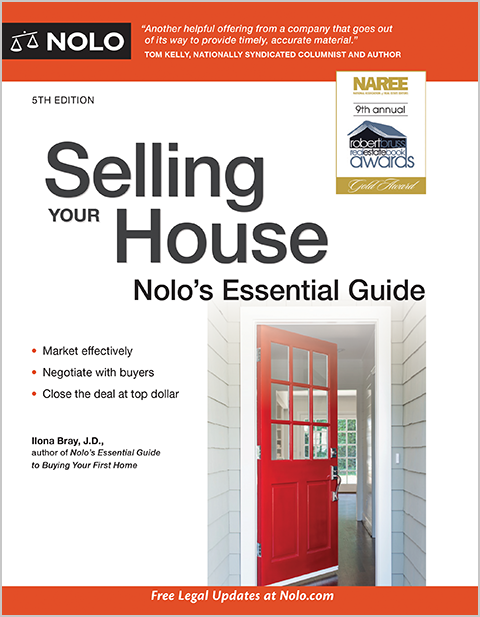
Credit: store.nolo.com
Frequently Asked Questions Of How To Sell My Mortgage Note
Can You Sell Your Mortgage Note?
Yes, you can sell your mortgage note. Selling your mortgage note allows you to receive a lump sum of cash upfront instead of waiting for monthly payments. By doing so, you can use the funds for other investments or financial obligations.
How Much Is A Mortgage Note Worth?
The value of a mortgage note depends on various factors such as interest rates, repayment terms, and the borrower’s creditworthiness. It can range from a few thousand to several million dollars. The specific worth of a mortgage note should be evaluated by a professional to determine its market value accurately.
Do Banks Sell Mortgage Notes?
Yes, banks do sell mortgage notes.
How Do You Value A Private Mortgage Note?
To value a private mortgage note, consider factors like the property’s worth, interest rate, and buyer’s creditworthiness. Assess the note’s terms and compare it with market standards. Consult professionals or use online tools for accurate valuation.
Conclusion
Selling your mortgage note can provide financial flexibility and a way to unlock the value of your investment. With the right knowledge and guidance, the process can be straightforward and rewarding. By conducting thorough research, understanding your options, and working with trusted professionals, you can maximize your chances of getting a fair offer.
Remember, selling your mortgage note is a personal decision that should align with your financial goals. Don’t hesitate to seek professional advice and explore various avenues to ensure a smooth and successful transaction.
